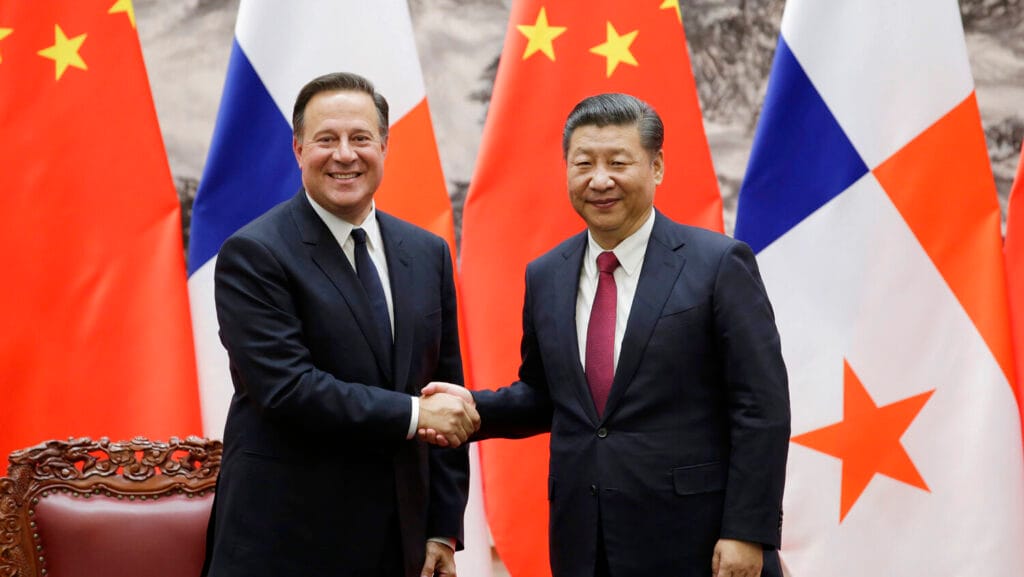
China has condemned what it describes as U.S. “pressure and coercion” after Panama decided not to renew its Belt and Road Initiative (BRI) agreement. This decision comes amid tensions over the Panama Canal, with Washington warning Panama to curb Chinese influence in the region.
U.S.-China Rivalry Over the Panama Canal
The Belt and Road Initiative, launched by Chinese President Xi Jinping, aims to expand China’s global infrastructure network through investments in roads, railways, and power plants. While the program has led to major projects worldwide, concerns over debt and environmental impact have prompted reconsideration by some nations.
Panama’s withdrawal from the initiative is seen as aligning with U.S. interests. Recently, U.S. Secretary of State Marco Rubio cautioned Panamanian President José Raúl Mulino that Chinese influence over the canal must be reduced. President Trump has also emphasized the strategic importance of the canal, signaling potential retaliation if Panama does not comply.
Panama Rejects U.S. Assertions
President Mulino has strongly refuted U.S. claims regarding canal operations. He denied reports of an agreement allowing U.S. military vessels free passage and labeled the U.S. State Department’s statement as “intolerable.” Despite pressure, Mulino insists that Panama will uphold its sovereignty in managing the vital trade route.
Rubio defended the U.S. stance, highlighting America’s treaty obligations to protect the canal. He argued that it would be unreasonable for the U.S. to pay transit fees while ensuring the canal’s security. Some analysts believe a compromise could emerge, potentially limiting Chinese-operated facilities within the canal zone.
The Future of U.S.-China-Panama Relations
China has urged Panama to resist external interference and focus on mutual benefits. Foreign Ministry spokesperson Lin Jian emphasized that the BRI has led to “fruitful results” in Panama but did not provide specifics. With an ongoing audit into Hong Kong-based Hutchison Ports’ control over canal operations, changes may be imminent.
Water levels in the Panama Canal have dropped due to drought, causing transit delays. While this issue is unrelated to China, it has fueled further debate over the canal’s management. Moving forward, Panama’s leadership must navigate U.S.-China tensions while safeguarding its strategic and economic interests.










